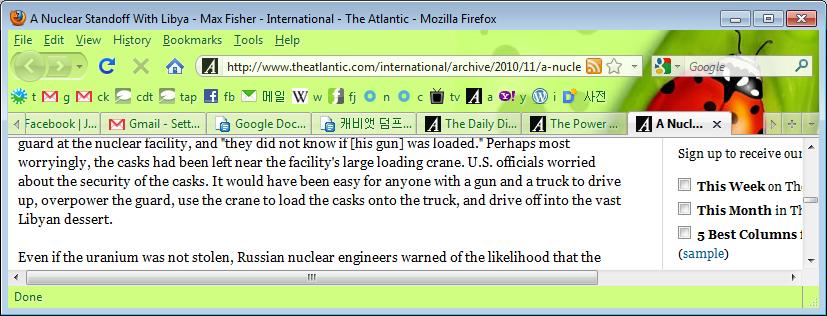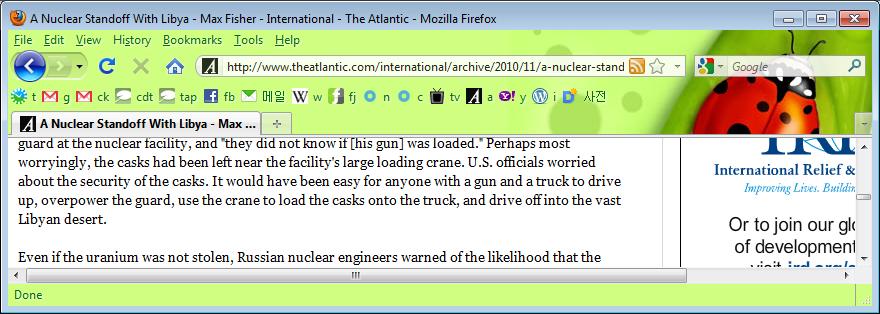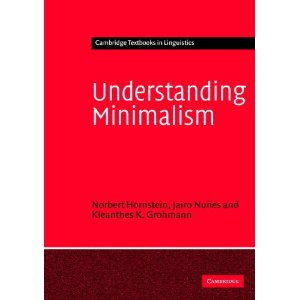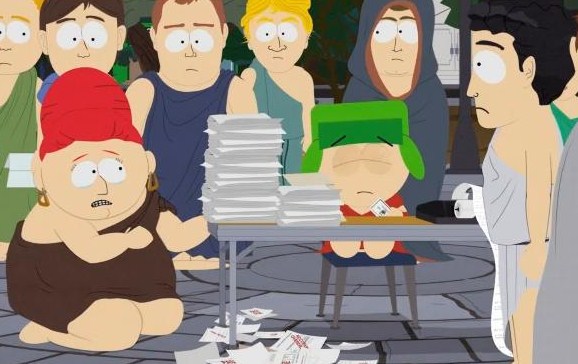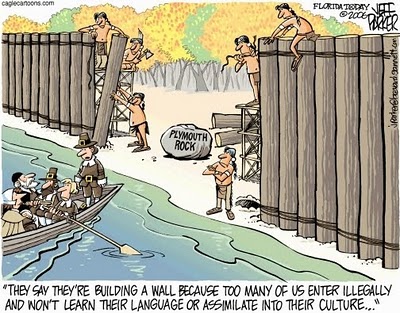“I bow in repentance of any misdeeds lived, forgetting my gratitude for all my ties to my neighborhood and surroundings.”
This is #15 out of a series of 108 daily Buddhist affirmations that I am attempting to translate with my hands tied behind my back (well not really that, but I’m deliberately not seeking out translations on the internet, using only dictionary and grammar).
…
13. 입을 수있게 해 준 모든 인연 공덕을 잊고 살아 온 죄를 참회하며 절합니다.
“I bow in repentance of any misdeeds lived, forgetting the public virtues of – and my ties to – all those things that I am able to wear.”
14. 이 세상이 곳에 머물 수있게 해 준 모든 인연들의 귀중함을 잊고 살아 온 죄를 참회하며 절합니다.
“I bow in repentance of any misdeeds lived, forgetting the preciousness of all my ties to the things that allow me to stay here in this world.”
15. 내 이웃과 주위에있는 모든 인연들의 감사함을 잊고 살아 온 죄를 참회하며 절합니다.
I would read this fifteenth affirmation as: “I bow in repentance of any misdeeds lived, forgetting my gratitude for all my ties to my neighborhood and surroundings.”
Wow – what a downer, coming so close after Thanksgiving day. I’m not sure how I feel about being urged to forget gratitude. It’s certainly a point of divergence in comparison to Christian thought, wherein gratitude is, at least for some, profoundly central to worldview. The concept of grace, and the consequent gratitude, is an aspect of Christianity with which I have often felt some resonance, despite my extreme discomfort with some other aspects of Christian cosmology and even ethics.
There may be some irrationality to this sympathy for Christian notions of Thanksgiving – rooted in the oddly central role that the American Thanksgiving holiday played during my notably un-Christian childhood. Thanksgiving was always my favorite holiday, by far: more so than Christmas, which seemed slightly alien to me, even as a fairly young child – not because of some rejection of gift-giving (I was all for that, like any child) – but because as soon as I realized the reason for Christmas, I sensed immediately that our own celebration of it was slightly ironic or even vaguely inappropriate. I think I understood, the moment I realized there was no Santa (and, in fact, my parents made zero effort to perpetuate such a fantasy, being the rationalists that they were – so I was only maybe 4 years old), that we were “borrowing” some else’s holiday.
But, although Thanksgiving has some roots in Protestant (and specifically Puritan) ideas of grace and gratitude, it stands more elegantly – from a cosmological perspective – on its own as a secular holiday. In fact, perhaps the reason I’m comfortable with grace and gratitude is that they don’t, per se, require the existence of any higher power to “work.” So it’s striking to me that another belief system (ie. Buddhism) that manages to (mostly) stay standing despite the elimination of a concept of a higher power, nevertheless seems to be setting itself in opposition to a concept of gratitude.
I have no idea where I’m trying to go with this. Or even if it makes sense. I’m just thinking “out loud.” I feel inclined to read this affirmation as a sort of reminder to not to get attached to the sangha – despite the fact that sangha is one of the refuges. ….which is hard to wrap my mind around.
[UPDATE: So it occurs to me, on rereading this much later, that I have misunderstood this aphorism – this one, and all those that have the same structure “…misdeeds lived, forgetting…”. The “forgetting my X” is in fact an example of the “misdeeds lived” – which is to say, you’re repenting for failing to experience the feeling in question.]

